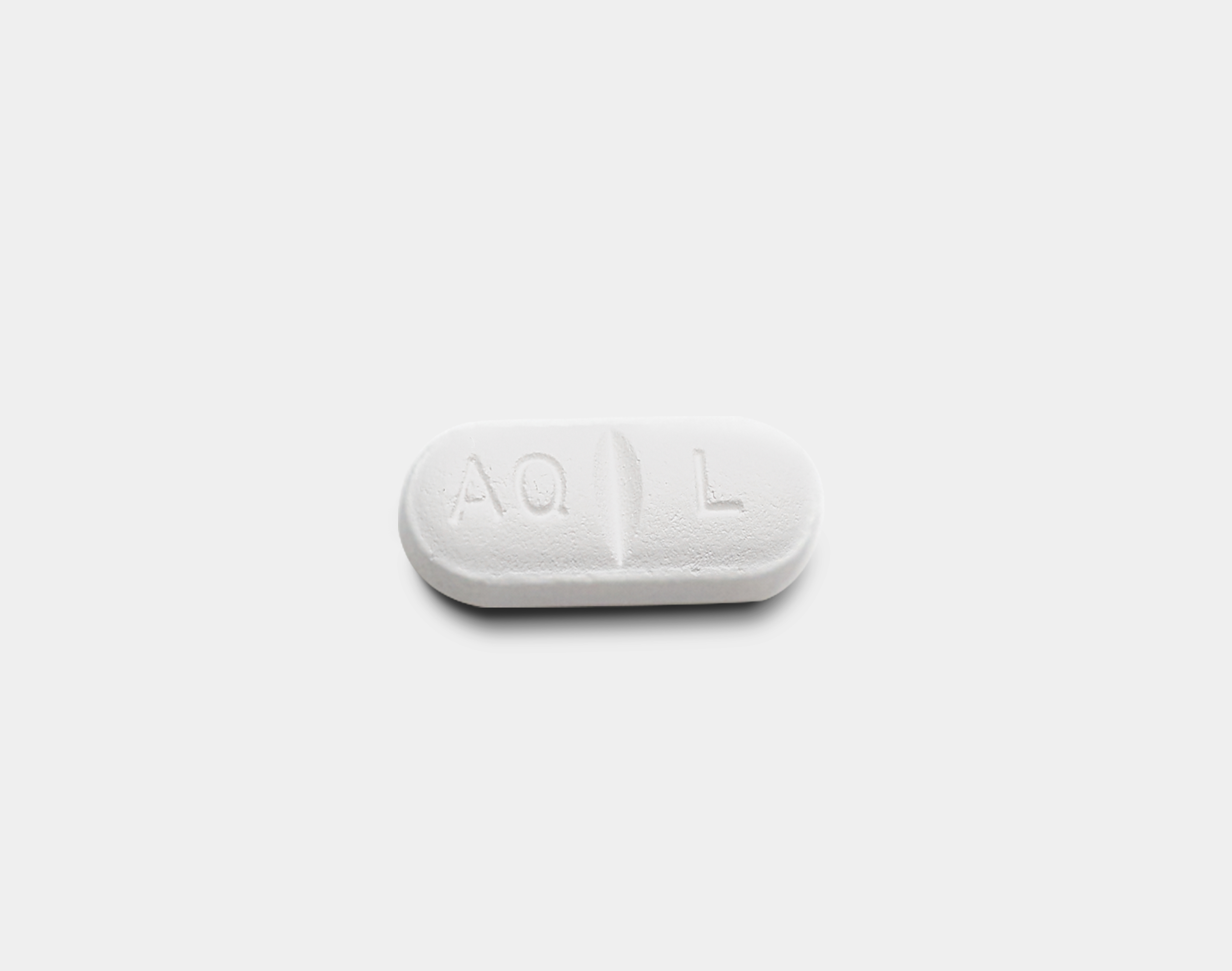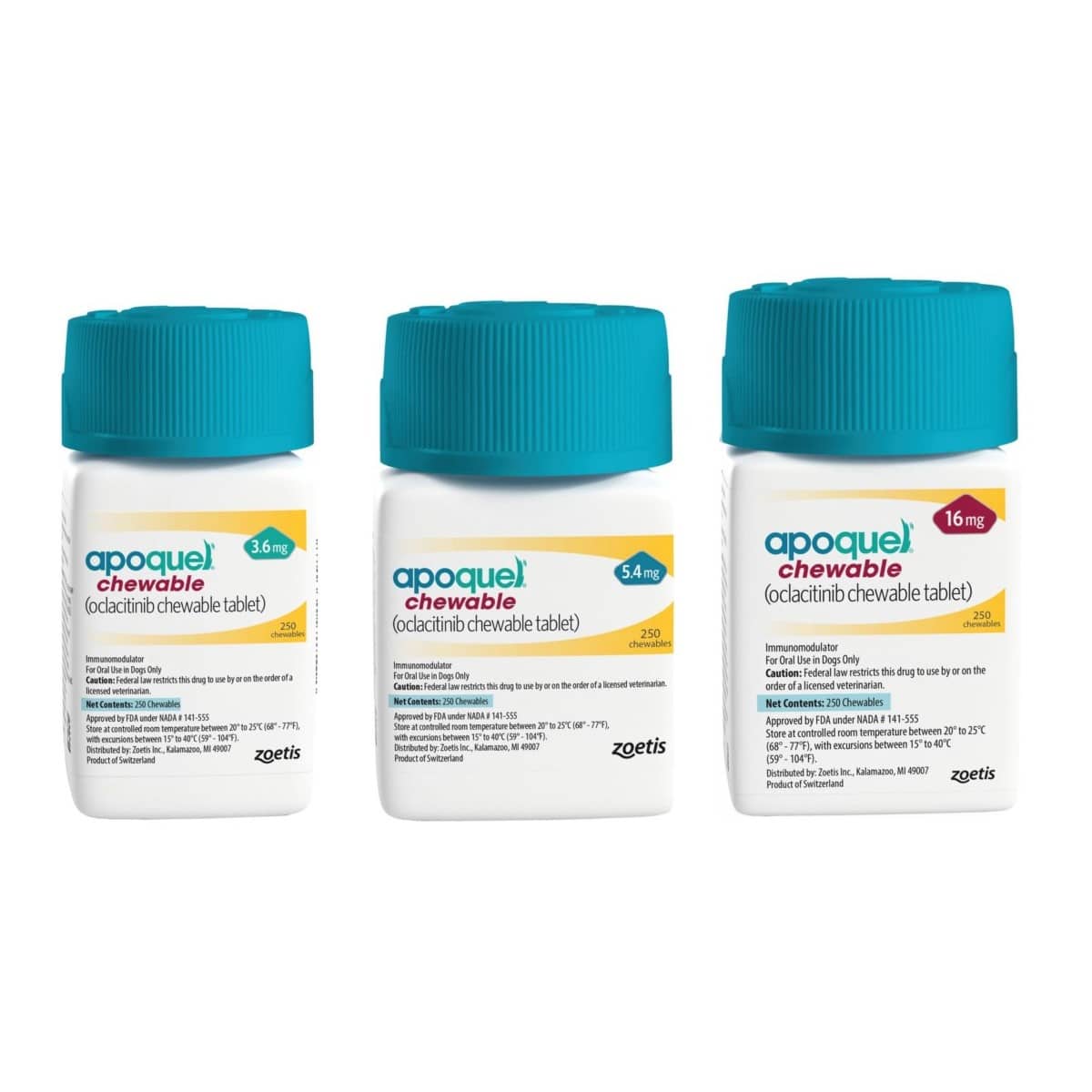Oclacitinib Alternative: Exploring Safe And Effective Options For Your Furry Friend
So here’s the deal, pet parents. If you’ve been down the road of managing your dog’s itchy skin, allergies, or inflammatory conditions, chances are you’ve heard of oclacitinib. It’s like the go-to drug in the vet world for soothing those relentless symptoms that make our furry friends miserable. But hey, life throws curveballs, right? Whether it’s cost concerns, side effects, or just wanting to explore other options, the hunt for an oclacitinib alternative is real. And guess what? You’re not alone in this journey.
Let’s break it down, shall we? Oclacitinib has been a game-changer for many pet owners, but it’s not always the perfect fit for every pup. Whether your vet suggests it or you’re just curious about what else is out there, this article dives deep into the world of alternatives. Think of it as your ultimate guide to finding the right solution for your dog’s health needs.
Now, buckle up because we’re about to explore everything from prescription medications to natural remedies, vet-approved tips, and even some lesser-known options that might surprise you. Ready to level up your pet care game? Let’s get started!
Here's a quick overview of what we'll cover:
- Understanding Oclacitinib and Why Alternatives Matter
- Prescription Alternatives to Oclacitinib
- Natural Remedies for Itchy Dogs
- Dietary Solutions for Allergies
- Topical Treatments to Relieve Skin Irritation
- Vet-Recommended Tips for Managing Allergies
- Cost-Effective Options for Pet Owners
- Long-Term Management Strategies
- Frequently Asked Questions
- Wrapping Up: Finding the Best Fit for Your Dog
Understanding Oclacitinib and Why Alternatives Matter
First things first, what exactly is oclacitinib? Well, it’s a medication designed to target specific enzymes in your dog’s body that cause inflammation and itching. It works fast—sometimes within hours—and can be a lifesaver for pups dealing with chronic conditions like atopic dermatitis. But like any drug, it comes with pros and cons. And sometimes, those cons make pet owners seek out alternatives.
Why would someone look for an oclacitinib alternative? Good question. Maybe your dog doesn’t respond well to the medication, or perhaps the side effects—like increased thirst or gastrointestinal issues—are too much to handle. Or hey, let’s face it, the cost can add up, especially if your pup needs long-term treatment. Whatever the reason, knowing your options is key to keeping your furry friend happy and healthy.
- Sand In My Boots Festival Your Guide Lineup More
- Bianca Censoris Shocking Grammys Look Kanyes Spouse Steals Show
Key Facts About Oclacitinib
Here’s a quick rundown of the basics:
- Brand Name: Apoquel
- What It Treats: Allergies, itching, inflammation
- How It Works: Blocks enzymes responsible for allergic reactions
- Potential Side Effects: Vomiting, diarrhea, increased thirst
Now that we’ve got the basics covered, let’s dive into some awesome alternatives that might just be the ticket for your pup!
Prescription Alternatives to Oclacitinib
When it comes to prescription meds, there are plenty of options beyond oclacitinib. These alternatives might offer similar benefits without the same side effects—or maybe even a lower price tag. Let’s take a look at some of the top contenders.
Cytopoint Injections
Cytopoint is a monoclonal antibody injection that targets specific proteins causing itching. It’s given once a month and can provide relief for up to six weeks. Bonus? It’s generally well-tolerated by most dogs, making it a great option for pups who don’t respond well to oral medications.
Corticosteroids
Yeah, we know what you’re thinking—steroids, really? While corticosteroids like prednisone can be effective for short-term relief, they’re not always the best choice for long-term use due to potential side effects. However, when used under a vet’s supervision, they can be a helpful tool in managing severe cases of itching and inflammation.
Pimobendan
Wait, didn’t we say pimobendan? Nope, that’s for heart conditions. What we meant was pimodivkis—another JAK inhibitor similar to oclacitinib. It’s a newer option that works by blocking the same enzymes responsible for inflammation. Plus, it’s been shown to have fewer side effects in some dogs, making it a solid alternative worth discussing with your vet.
Natural Remedies for Itchy Dogs
Not into the whole prescription medication scene? No worries. There are tons of natural remedies that can help soothe your dog’s itchy skin without the need for pills or injections. Let’s explore some of the top picks.
Coconut Oil
Coconut oil is a kitchen staple that doubles as a skin-soothing powerhouse. Apply it topically to your dog’s irritated skin to reduce itching and promote healing. Plus, it’s edible, so no worries if your pup licks it off!
Oatmeal Baths
Who doesn’t love a good bath, right? Oatmeal baths are a time-tested remedy for itchy skin. Simply grind up plain oatmeal into a fine powder, mix it with warm water, and let your dog soak away their troubles. It’s gentle, effective, and smells amazing.
Hemp Oil
Hemp oil isn’t just for humans—it’s also a great option for dogs dealing with skin issues. Packed with omega fatty acids, it helps reduce inflammation and promote healthy skin. Just make sure to get a pet-safe version and consult your vet before adding it to your pup’s diet.
Dietary Solutions for Allergies
Sometimes, the key to managing allergies lies in what your dog eats. A well-balanced diet can make a huge difference in their overall health and reduce symptoms. Here’s how you can tweak their meals to help.
Novel Protein Diets
If your dog is allergic to common proteins like chicken or beef, switching to a novel protein diet might do the trick. These diets feature less common proteins like venison, duck, or even kangaroo. By eliminating potential allergens, you can help identify and manage food sensitivities.
Supplements for Skin Health
Adding supplements like fish oil, probiotics, and vitamin E can boost your dog’s skin health and reduce inflammation. These nutrients support the skin barrier, making it less prone to irritation and infection.
Topical Treatments to Relieve Skin Irritation
When it comes to quick relief, topical treatments are often the way to go. These products work directly on the skin to soothe itching and irritation. Here are a few of our favorites.
Hydrocortisone Cream
Hydrocortisone cream is a mild steroid that can provide fast relief for localized itching. Just be careful not to overuse it, as prolonged use can lead to skin thinning or other issues.
Antihistamine Sprays
Antihistamine sprays are another option for spot treatment. They work by blocking histamines, the chemicals responsible for allergic reactions. Plus, they’re easy to apply and usually well-tolerated by most dogs.
Vet-Recommended Tips for Managing Allergies
Let’s face it—managing allergies isn’t always straightforward. But with the right approach, you can make life a lot more comfortable for your furry friend. Here are some expert tips from the pros.
Regular Grooming
Keeping your dog’s coat clean and healthy is one of the best ways to prevent allergens from building up. Regular brushing, bathing, and ear cleaning can go a long way in reducing symptoms.
Environmental Control
Controlling your home environment can also help. Use air purifiers, wash bedding frequently, and minimize exposure to dust mites, pollen, and other allergens. It’s all about creating a safe space for your pup to thrive.
Cost-Effective Options for Pet Owners
We get it—pet care can get expensive, especially when it comes to medications. But there are ways to save money without sacrificing quality. Here are a few tips to keep your wallet happy.
Generic Medications
Ask your vet if there are generic versions of the medications they recommend. Often, these are just as effective as brand-name options but come with a much lower price tag.
Pet Insurance
Investing in pet insurance can be a lifesaver when it comes to managing ongoing health issues. Many plans cover prescription medications, which can save you a bundle in the long run.
Long-Term Management Strategies
Managing allergies isn’t a one-and-done deal—it’s an ongoing process. Here’s how you can create a long-term plan that works for both you and your pup.
Work With Your Vet
Your vet is your partner in this journey. Regular check-ups and open communication are key to finding the right solutions for your dog’s needs. Don’t be afraid to ask questions or try new approaches if something isn’t working.
Monitor Progress
Keep track of your dog’s symptoms, treatments, and responses. This information can help your vet make informed decisions and adjust their approach as needed. Think of it as a team effort to keep your pup feeling their best.
Frequently Asked Questions
Got questions? We’ve got answers. Here are some of the most common queries about oclacitinib alternatives.
Q: Are natural remedies safe for all dogs?
A: Most natural remedies are generally safe, but it’s always a good idea to check with your vet first, especially if your dog has underlying health conditions or is on other medications.
Q: Can I use human medications for my dog?
A: Not always. Some human meds can be toxic to dogs, so it’s crucial to consult your vet before giving your pup anything not specifically designed for them.
Q: How long does it take for alternatives to work?
A: It depends on the treatment. Some options, like Cytopoint injections, can provide relief within a few days, while others may take longer to show results.
Wrapping Up: Finding the Best Fit for Your Dog
So there you have it—a comprehensive guide to oclacitinib alternatives. Whether you’re exploring prescription meds, natural remedies, dietary changes, or topical treatments, the key is finding what works best for your furry friend. Remember, every dog is unique, so don’t be afraid to try different approaches until you hit the jackpot.
And hey, while we’re on the topic, don’t forget to leave a comment below and share your own experiences with oclacitinib alternatives. Who knows? You might just help another pet parent in their journey. Until next time, keep those tails wagging and those paws happy!



Detail Author:
- Name : Citlalli Lueilwitz
- Username : hane.dean
- Email : juanita.jenkins@schmidt.com
- Birthdate : 1971-11-22
- Address : 789 Billie Inlet Robertsberg, MT 37101-8628
- Phone : +1.539.392.7460
- Company : Robel and Sons
- Job : Construction Driller
- Bio : Neque dolore aut recusandae. Asperiores nulla eum dolore rerum fuga. Minus dolorem autem ea fuga. Tenetur ut sed in quidem. In repellat ea illum est.
Socials
facebook:
- url : https://facebook.com/rowe1989
- username : rowe1989
- bio : Occaecati sapiente voluptatem aut et et laborum.
- followers : 533
- following : 2810
twitter:
- url : https://twitter.com/rowef
- username : rowef
- bio : Voluptate odit repellat soluta recusandae ut facilis animi. Natus quod facilis aperiam molestias voluptatem reprehenderit.
- followers : 5940
- following : 1307